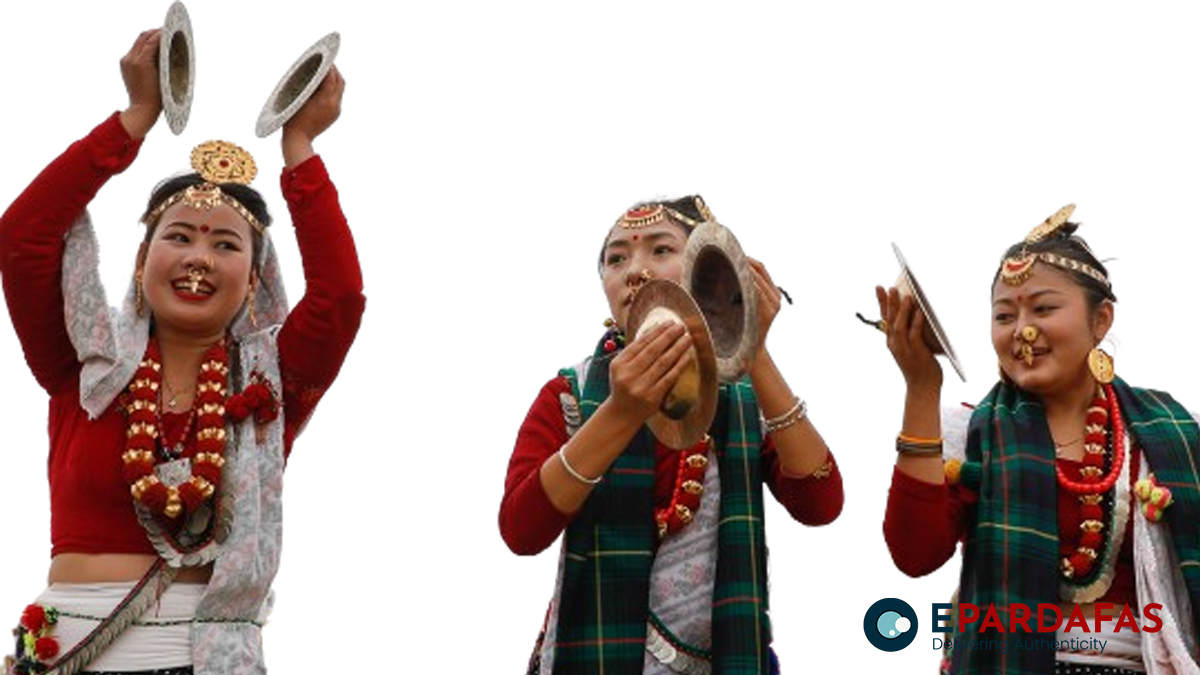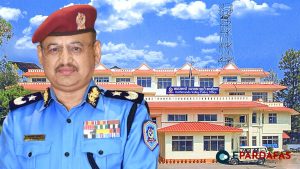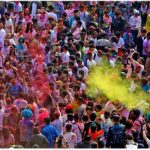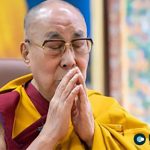The 2568th birth anniversary of Siddhartha Gautama, widely known as Buddha, the harbinger of peace, is being celebrated today with great reverence and devotion. Buddha Jayanti, observed annually on the full moon day of Baisakh in the Lunar calendar, marks the birth, enlightenment, and death of Buddha, all of which are believed to have occurred on this auspicious day.
Buddhists around the world, including those in Nepal, honor this day by participating in various traditional rituals. Buddhist monks and religious leaders gather in chaityas, monasteries, and vihars to perform these sacred rites. Special events are organized in significant locations such as Lumbini, the birthplace of Buddha, as well as in Kapilvastu, Swayambhu, and Boudha.
Siddhartha Gautama was born to King Suddhodhana and Queen Mayadevi in Lumbini, in present-day Rupandehi district, in 563 BC. Concerned by the suffering he witnessed, he renounced his princely life at the age of 29 to seek enlightenment through meditation and penance.
Simultaneously, the Ubhauli festival is being celebrated, particularly by the Kirant Rai community across Nepal. This festival involves the worship of nature before the planting season to ensure a bountiful harvest. The celebrations feature traditional Chandi dances, which are performed as part of the rituals.
Different sects of the Kirant community also perform the Sakela dance during the Ubhauli festival. In Kathmandu, the Kirant Rai Yayokkha is hosting a special event that includes prayers and worship at Sakelasthan in Hattiban, Lalitpur.
Notably, the people of Ainselukharka Rural Municipality in Khotang celebrate the Ubhauli festival later, starting from the 22nd day of the month of Jetha (first week of June) in the Lunar calendar.
Both Buddha Jayanti and the Ubhauli festival highlight Nepal’s rich cultural heritage and the deep spiritual traditions that continue to thrive and bring communities together.














Comments